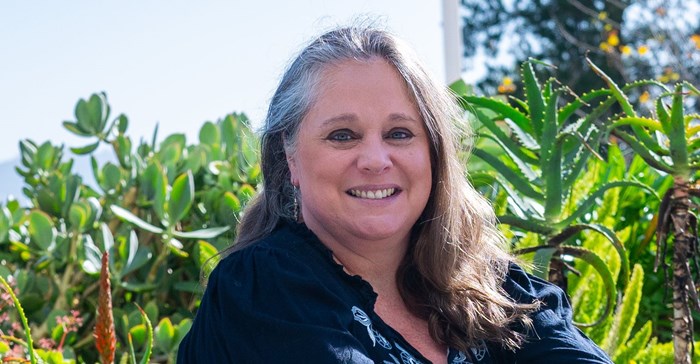
Top stories






LifestyleWhen to stop Googling and call the vet: Expert advice on pet allergies from dotsure.co.za
dotsure.co.za 2 days
More news

















As South African businesses focus on the world environment, clients can tap into countless opportunities to contribute towards a greener future using technology-driven banking solutions that minimise their environmental footprint.
As a leading South African digital bank, driven by innovation and technology since inception, we aim to embed sustainability principles in everything we do, so we can reduce our carbon and environmental footprints.
Here’s how banking technology enables South Africans to address environmental challenges.
The shift towards a digital society has been a popular topic for years. However, despite its popularity, the environmental benefits aren’t often the focus of this transition. A considerable environmental footprint is associated with cash, which makes a digital society a viable option to promote sustainability.
Digital payments require minimal resources to produce. Furthermore, they have a lower environmental footprint when compared to traditional payment methods, such as cash withdrawals at ATMs, which use a lot of energy and contribute to carbon emissions.
The ecological benefits of digital payments are countless, including:
Capitec has been a frontrunner in promoting digital transactions that offer clients convenience and contribute to environmentally friendly payments.
We’ve introduced several initiatives to accelerate this transition, including Google Pay and Apple Pay digital wallets that allow for contactless, cardless payments in-store or online, and a digital ‘Pay bills’ functionality allowing clients to perform seamless payments to all registered Pay@ and EasyPay billers.
These digital transaction channels drastically reduce the need for printing money, which leads to energy savings and reduced environmental impact.
In addition to lowering cash usage, reduced banking-paper consumption is a simple way to impact the environment significantly, especially carbon emissions. An average tree can only produce about 17 reams of paper and takes about 100 years to grow. Producing those 17 reams from one tree will release about 49kgs of C02 into the atmosphere. If left alone, the average tree would absorb around 907kgs of C02 in its lifetime.
Capitec clients are encouraged to shift from physical documentation through the bank’s paperless initiative, launched in 2020, aimed at removing most paper-based documents from branches. The solution has been successful, with the cumulative number of paperless client conversions in February 2023 amounting to 17,687,300.
Historically, opening a client banking account was an intensely manual, paper-driven process. However, digital advancements now allow banking clients to open accounts remotely using their smartphones.
The process is proving to be a popular alternative to the traditional method, with research predicting that by 2025, clients will open nearly 330 million new bank accounts through digital onboarding, compared to 184 million in 2020.
Ditch cash and #PaySmartWithCapitec! Enjoy convenient digital payments. pic.twitter.com/jeVdXdBro6
— Capitec (@CapitecBankSA) June 26, 2023
There’s a considerable sustainability benefit to client remote onboarding, including the convenience of opening an account without visiting a branch in person or filling physical paper documents. In 2021, Capitec introduced remote onboarding, allowing clients to open an account without visiting a physical branch. Since its implementation,
Capitec has onboarded 385,052 clients digitally, reducing travel-related carbon emissions and further underlining the bank's commitment to digital transformation and environmental sustainability.
As we move towards the future, it's clear that technology has a significant role in promoting environmental sustainability in the banking sector. It's not just about reducing the environmental footprint, but also improving operational efficiencies and supporting the transition to a lower-carbon economy.
Banks, therefore, can help clients leverage technology responsibly to contribute meaningfully to ensure a sustainable existence for present and future generations to come.